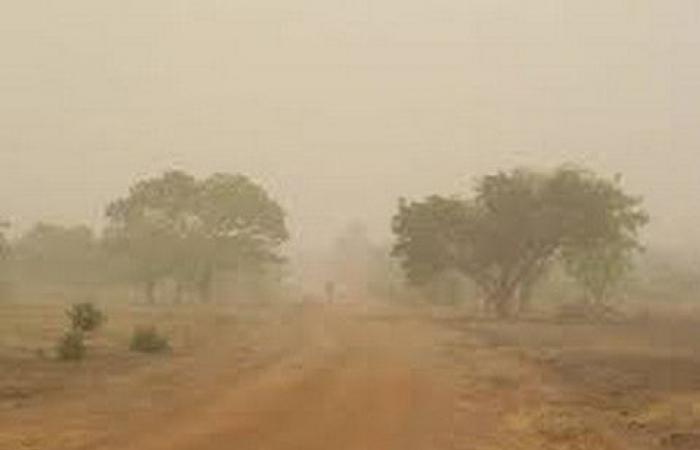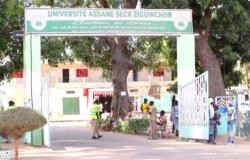
November sees the end of the heatwave period. However, with this time, he sees respiratory infections arriving. Doctors therefore recommend heavy, warm clothing, bibs or mufflers.
For several days, the harmattan has been blowing over the Malian capital with its share of diseases. At this time of year, there is a rather unusual climate. Children and the elderly are most at risk from respiratory diseases.

First there is what specialists call “lower illnesses” such as pneumonia, or bronchopneumopathy which manifest as a cough with yellowish sputum often associated with difficulty breathing. THE types hauts usually manifest as headaches, runny nose, sneezing, sore throat.
Among infants, people with chronic respiratory conditions (asthma and other respiratory insufficiency), sickle cell patients, and the elderly are the most vulnerable during this period.
“This is because these people cannot take care of themselves (infants and the elderly) or either infections can make their illness worse. So they must benefit from special attention, at a time when Covid-19 is making its return,” underlines Doctor Amadou Togola, general practitioner at Moribabougou Tabakoro Droit hospital.
During this period, the most common illnesses are influenza, meningitis, pneumonia, asthma, bronchitis and tuberculosis.
The cold and wind laden with dust weaken the nasopharynx and promote these conditions. It is therefore advisable to wear bibs or mufflers and heavy clothing in order to prevent certain illnesses. It is also advisable to adopt a particular lifestyle.
“It is better to layer several layers of clothing than to settle for just one big sweater because the layer of air enters, each item of clothing plays an insulating role. Maintain a healthy interior by remaining physically active at home, moisturizing your body and lips despite the low temperature.” Hands and feet must be protected by socks and closed shoes for children. You must put shea butter in your nostrils to prevent them from drying out and for housewives, you must water before sweeping the floor,” advises the doctor.
For our interlocutor, “protection requires vaccination in children, hygiene, sanitation and sanitation. Flies pollute and transport the microbes they deposit on food. Never buy food sold on uncovered trays. Children’s clothing is also important. We must avoid air conditioning, ventilation, cold drinks,” concludes the doctor.
Aïchatou Konaré







